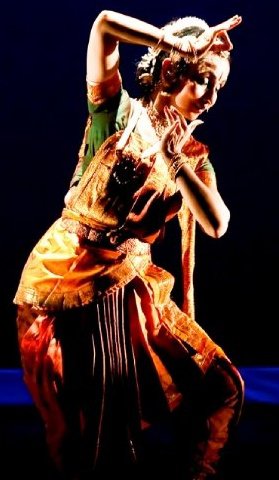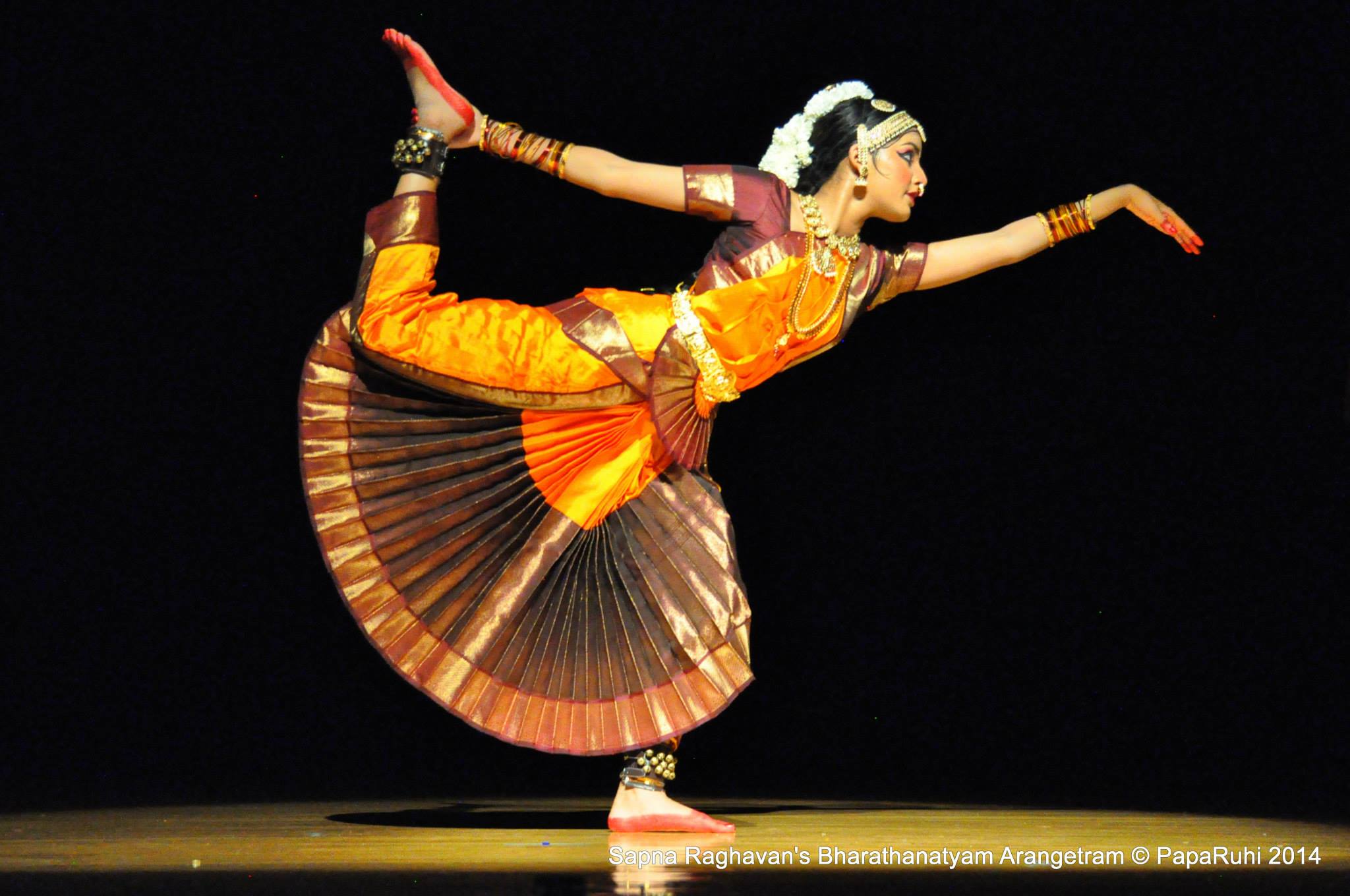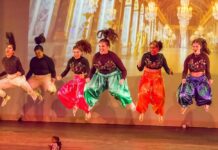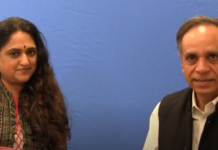New Delhi– Dance in India is increasingly being affected by narrow-mindedness, an easy acceptance of mediocrity, complacency among artists, and in training and academia the tendency to value knowledge is far more than imagination, says renowned kathak exponent Aditi Mangaldas.

Mangaldas, who is encouraging artists to question, explore and find their own voices in the pursuit of excellence was speaking at a discussion titled “Non-recognition of Excellence: Artistic values in Dance” organised by the Raza Foundation and moderated by poet and film-writer Udayan Vajpeyi. She also spoke at length with eminent poet Ashok Vajpeyi on the current state of dance training and dance criticism in India.
Mangaldas, who has often been criticised for straying from the purist kathak traditions, lamented about narrow-mindedness that was stifling the creativity of dancers.
“Protectionism is a killer of excellence, it is shrouded in fear and no great art can exist in an ambience of fear,” she said.
“Conservation and exploration are two simultaneous processes. Artists who explore become the tributaries that feed the river of tradition, rejuvenating it in the process. I have great respect for our history and culture, but I have not been bogged down by it,” added Mangaldas.
She also cited the “easy acceptance of mediocrity” and the tendency of artists to become complacent about their own art as obstacles to achieving excellence.
“We have to be ruthless with ourselves, physically, intellectually and emotionally, only then can we burn in the art. ‘Knowing’ is a nail in the coffin of creativity; ‘doubt’ is what enables you to question, and without this ruthless pursuit there can be no excellence,” she quipped.
The overemphasis on knowledge over imagination in dance training was also problematic, she said. Her dissatisfaction with the limited literature of kathak, the distaste for what she described were ‘regressive’ concepts such as “ched-chad” expressed through the dance form and a growing awareness of social issues were some of the things that prompted her to explore creative vistas outside of traditions, she maintained.
Ashok Vajpeyi, who recalled some of the ‘magical’ performances of dancing greats such as Odissi’s Kelucharan Mohapatra, Kuchipudi legend Vedantam Satyanarayan Sharma, Bharatnatyam dancer Balasarawati and Koodiyattam guru Mani Madhava Chakyar, said artists today often tend to take to the stage to perform ‘items’ without an awareness of the full weight of their responsibility.
“When an artist is on stage they are not dancing in isolation, an entire culture is dancing with them. They may be a worthy or even unfit inheritor of this culture, but they are carrying a responsibility; this sense is lost upon the dancers, ‘that we are here because of others before us’,” said Vajpeyi, the Managing Trustee of the Raza Foundation.
He also lamented the “obsession with the idea of success” and to be “successful at any cost” pervasive among artists today.
“The world has been changed by people who would largely have been considered failures in their personal lives, for instance Marx, Gandhi or Buddha,” he said.
“An artist too must have the courage to fail or not enter the world of art. This is not some romantic notion; you will only have the courage to seek truth and ask questions if you are ready to accept failures on the way,” maintained the eminent poet.
Art Dialogues, a monthly series of discussion on various aspects of art, is organised by the Raza Foundation in partnership with the Civil Services Officers’ Institute. (IANS)














